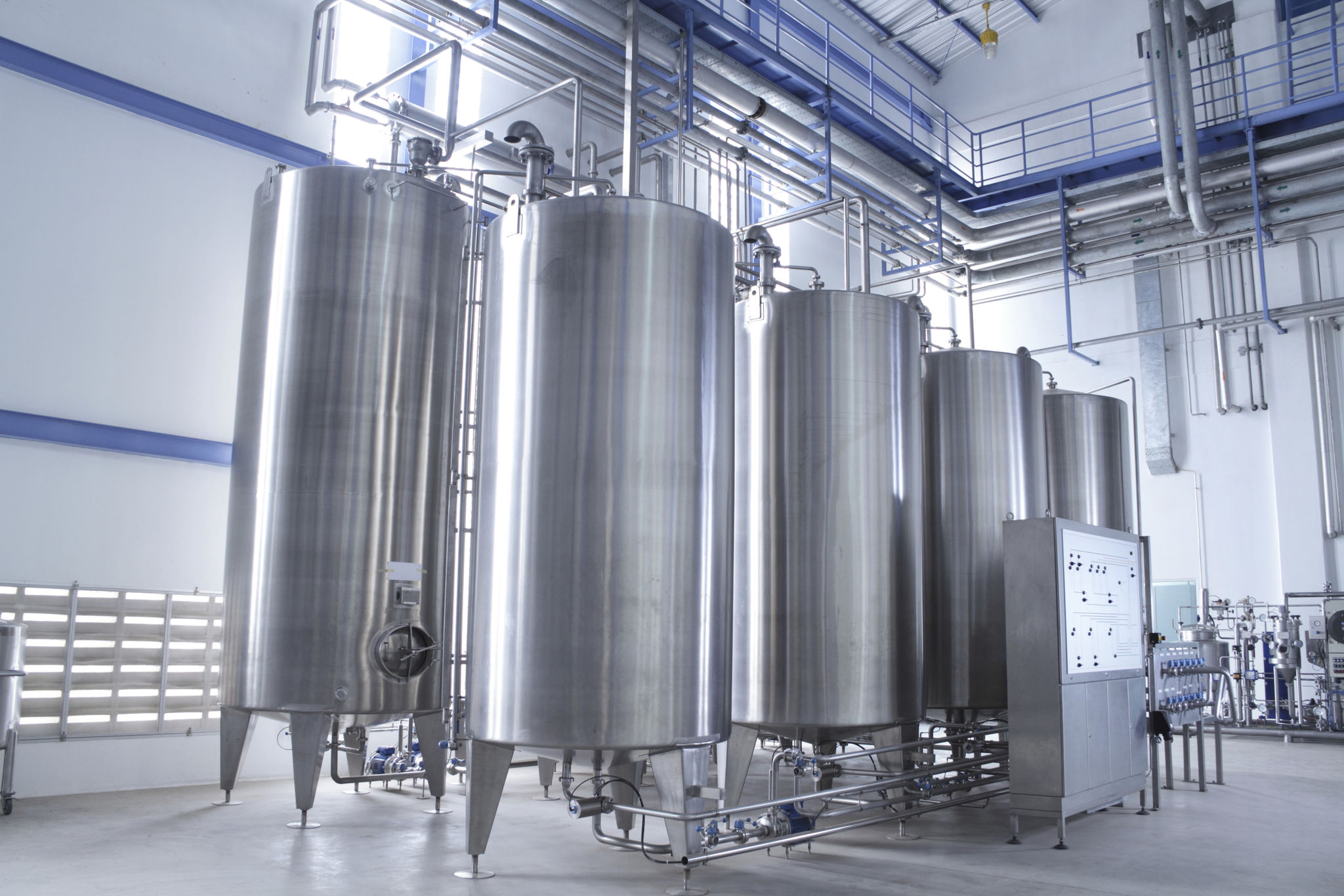The Importance of Regular Maintenance for Your Food Packaging Machinery
Ensuring Efficiency and Longevity
In the fast-paced food industry, the efficiency and reliability of your packaging machinery are paramount. Regular maintenance is not just a recommendation; it's a necessity. Ensuring that your machinery runs smoothly can significantly impact your production line's productivity and your overall business success. By investing time in regular upkeep, you can prolong the lifespan of your machinery and enhance its performance.
Food packaging machinery, like any other complex equipment, is subject to wear and tear. Over time, components can degrade, leading to potential breakdowns. Without regular maintenance, these issues could escalate, resulting in costly repairs or even complete machinery failure. Consistent care helps identify and address minor problems before they become major setbacks.

Reducing Downtime and Increasing Productivity
One of the primary advantages of regular maintenance is the reduction of unexpected downtime. Unplanned stoppages can disrupt your production schedule and delay shipments, which can harm customer relationships and your reputation. By scheduling regular maintenance checks, you can ensure that your machinery is always in optimal working condition, minimizing the risk of sudden breakdowns.
Moreover, well-maintained machinery tends to operate more efficiently. This means faster packaging times, less waste, and lower energy consumption. As a result, you can meet production targets more consistently and reduce operational costs. Regular maintenance ensures that every component of your machinery is functioning as intended, providing reliable performance day in and day out.
Ensuring Compliance and Safety
In the food industry, compliance with safety and health regulations is non-negotiable. Regular maintenance is essential for ensuring that your packaging machinery meets all necessary standards. Faulty equipment can lead to contamination or compromise the safety of the packaged products, posing significant health risks to consumers.

By keeping your machinery in top condition, you not only comply with industry regulations but also protect your brand's integrity. Regular checks help you maintain the highest levels of hygiene and safety, which are crucial in building consumer trust and loyalty. Furthermore, a safe working environment for your employees is ensured when machinery operates smoothly without unexpected malfunctions.
Cost Savings in the Long Run
While regular maintenance may seem like an additional expense, it is a cost-effective strategy in the long run. Preventive maintenance helps avoid significant repairs and replacements that can arise from neglected equipment. By catching potential issues early, you can save substantial amounts on emergency fixes and extend the equipment's life.
Additionally, many manufacturers provide warranties or service agreements that include regular maintenance as part of the package. Utilizing these services can further reduce costs and provide peace of mind knowing that experts are taking care of your machinery.

Implementing a Maintenance Schedule
To maximize the benefits of regular maintenance, it's crucial to establish a comprehensive maintenance schedule. This plan should outline routine inspections, cleaning procedures, part replacements, and any other necessary actions tailored to your specific machinery. Collaborate with technicians and machinery specialists to create a schedule that suits your operational needs.
A well-implemented schedule ensures that maintenance tasks are performed consistently and timely. This approach not only enhances machinery performance but also helps maintain your production schedule without major disruptions.
Conclusion
The importance of regular maintenance for food packaging machinery cannot be overstated. By prioritizing routine care, you enhance equipment efficiency, reduce downtime, ensure compliance with safety standards, and ultimately save on costs. Implementing a robust maintenance program is an investment in your business's future success, helping you maintain high standards of quality and reliability in your operations.
